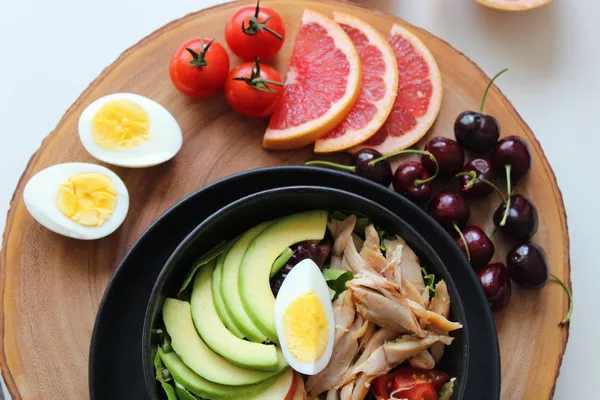Intermittent fasting has become increasingly popular over the past few years as a way to lose weight and improve overall health. This eating pattern involves restricting food intake to certain hours of the day or certain days of the week. During the fasting period, the body is forced to burn stored fat for energy, which can lead to weight loss. However, what you eat during the non-fasting periods is just as important as the fasting itself. In this article, we will discuss what to eat during intermittent fasting for weight loss.
What is Intermittent Fasting?
Intermittent fasting is an eating pattern that cycles between periods of fasting and eating. The most popular methods of intermittent fasting are the 16/8 method and the 5:2 method.
The 16/8 method involves restricting food intake to an 8-hour window and fasting for the remaining 16 hours. For example, you might eat between 12 pm and 8 pm and fast from 8 pm until 12 pm the next day.
The 5:2 method involves eating normally for five days of the week and restricting calorie intake to 500-600 calories for two non-consecutive days of the week.
Intermittent fasting has been shown to have many health benefits, including weight loss, improved insulin sensitivity, lower inflammation levels, and improved heart health.
What to Eat During Intermittent Fasting
While intermittent fasting does not restrict what you eat, it is important to choose healthy, nutrient-dense foods during the eating window to maximize the benefits of intermittent fasting for weight loss.
- High-Fiber Foods
High-fiber foods such as fruits, vegetables, whole grains, and legumes are an excellent choice during intermittent fasting. These foods are low in calories but high in fiber, which helps you feel full and satisfied.
Fiber also slows down the digestion of food, which helps regulate blood sugar levels and can reduce hunger pangs.
- Protein
Protein is an essential nutrient that helps build and repair tissues in the body. During intermittent fasting, it is important to eat enough protein to maintain muscle mass and support the body’s metabolism.
Good sources of protein include lean meats, fish, poultry, eggs, dairy products, and plant-based protein sources such as beans, lentils, and tofu.
- Healthy Fats
Healthy fats such as avocados, nuts, seeds, and olive oil are an excellent choice during intermittent fasting. These foods are high in calories but can help keep you feeling full and satisfied.
Healthy fats also provide essential nutrients such as omega-3 fatty acids, which have been shown to reduce inflammation and improve heart health.
- Whole Foods
During intermittent fasting, it is important to focus on whole, unprocessed foods such as fruits, vegetables, whole grains, lean proteins, and healthy fats. These foods are nutrient-dense and provide the body with essential vitamins, minerals, and antioxidants.
Avoid processed foods such as fast food, junk food, and sugary drinks, as these foods are high in calories and low in nutrients.
- Hydrating Foods
Staying hydrated is important during intermittent fasting, as it can help reduce hunger pangs and keep you feeling full. Focus on hydrating foods such as fruits, vegetables, and herbal tea.
Avoid sugary drinks such as soda and juice, as these can cause a spike in blood sugar levels and increase hunger pangs.
Intermittent fasting can be an effective way to lose weight and improve overall health. During the eating window, it is important to focus on nutrient-dense foods such as high-fiber foods, protein, healthy fats, whole foods, and hydrating foods.


